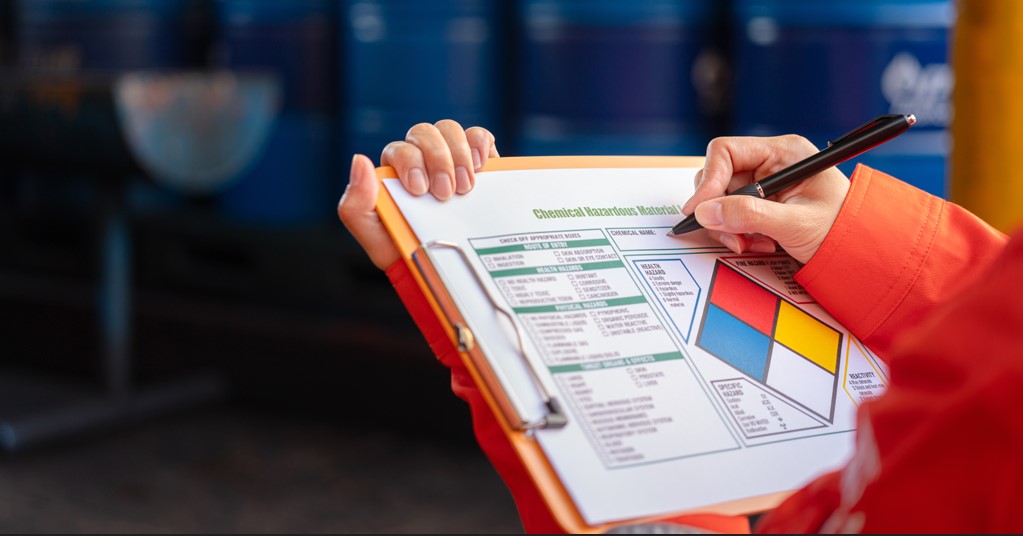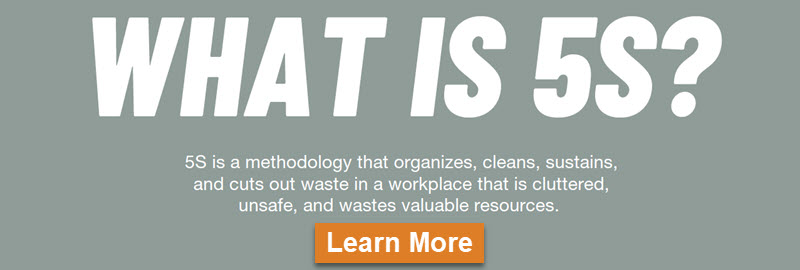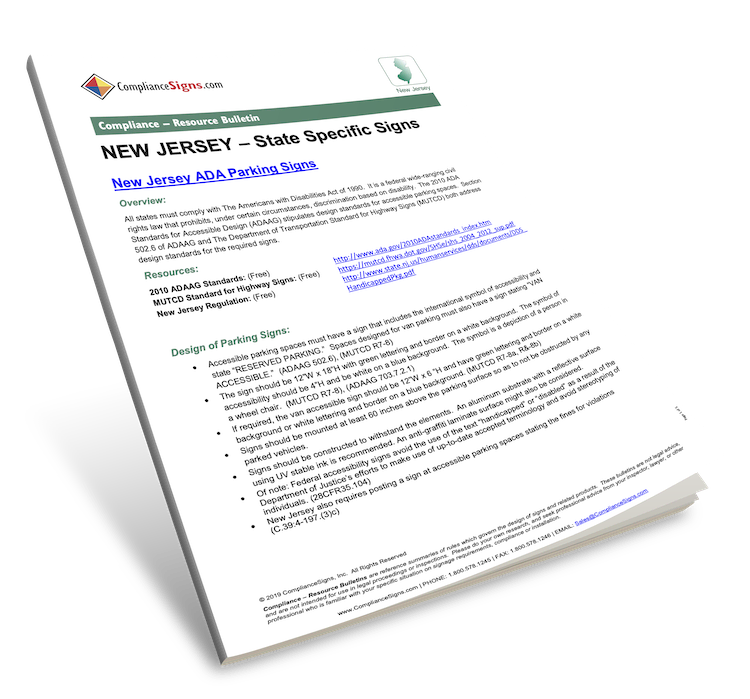
New Jersey State Sign Regulations
Our New Jersey State-Specific Signs Compliance – Resource Bulletin will help you understand a variety of signage rules, regulations and requirements enacted in the state. Topics include:
- No smoking signs
- Swimming pool signs
- Concealed weapon signs
- Cell phone signs
- Baby surrender signs
- Truss identification signs
Use the Download button to open this bulletin as a pdf file.
Bulletin Overview
No Smoking Signs
The State of New Jersey prohibits smoking in indoor public places and workplaces, including restaurants and bars. Smoking is also banned in outside areas of school grounds. Exemptions to the statewide ban are granted to retail tobacco shops, off track betting parlors, and designated smoking rooms in public lodging establishments. The New Jersey Smoke Free Air Act became law on 4/15/2006 and requires posting of signs enforcing the law at various locations. The law is administered by the New Jersey Department of Health and Senior Services. (C.26:3D-58)
Swimming Pool Signs
N.J.A.C. 8:26 of the New Jersey State Sanitary Code (NJAC) stipulates rules governing the use of public swimming pools and spas. The code was updated as of 1/16/2018 and requires the posting of signs at public swimming pools and spas.
Concealed Weapon Signs
Title 13, chapter 54 of the New Jersey Statutes allows residents of the state to carry a concealed firearm (CCW) provided they have been issued a permit granted by the chief of police in the municipality in which they reside. An applicant for a permit must at least 21 years old, has not been convicted of a felony, and has completed an approved handgun safety course. There are certain places such as schools, casinos, etc. where CCW is forbidden even with a permit. New Jersey does not honor the CCW permits of any other states. (NJAC 13:54-2.4)
Cell Phone Signs
The State of New Jersey bans the use of hand-held cell phones for texting communications by all drivers of motorized vehicles. Drivers under the age of 21 and school bus drivers may not use wireless devices for any type of communication while driving. The law, P.L. 2007, chapter 198, became effective on 3/1/2008.
Baby Surrender Signs
Since the first baby surrender (safe-haven) law was enacted in Texas in 1999, all U.S. states, as well as the District of Columbia, have passed safe-haven legislation. The laws allow an unharmed infant to be relinquished to the proper authorities.
Truss Identification Signs
Utilization of light frame roof and floor truss systems in buildings is widely accepted because it offers construction savings in material and labor. But their design can also pose a serious threat of collapse to firefighters during an emergency. The National Institute for Occupational Safety and Health (NIOSH) recommends that building owners post construction information, including the presence of roof and floor trusses, outside all buildings.
The New Jersey State Uniform Fire Code for buildings addresses the fire safety issues related to truss construction. This state law requires owners of commercial or industrial buildings to post a sign on the exterior of the building indicating light-frame truss-type construction. The sign assists firefighters in modifying their tactics when fighting a fire in a building with this type of construction. (N.J.A.C. 5:70-2.20(a)1)


